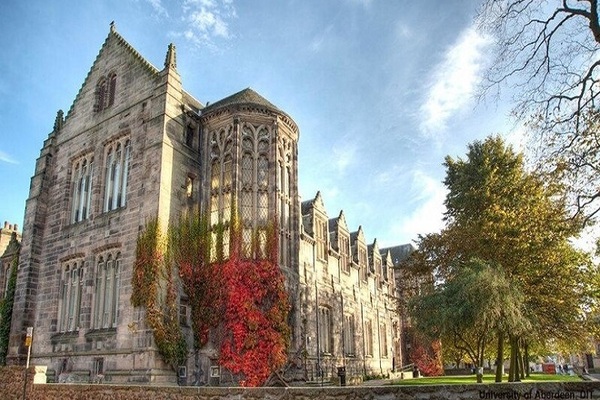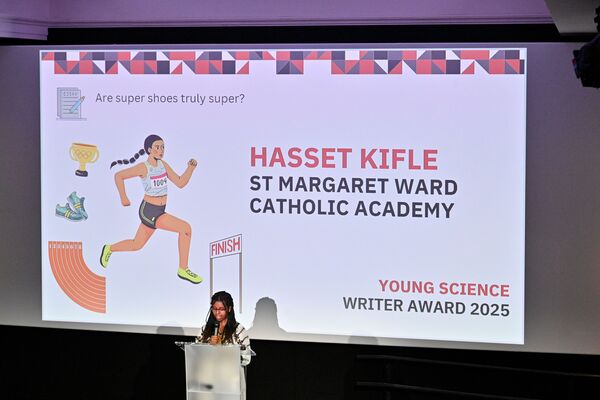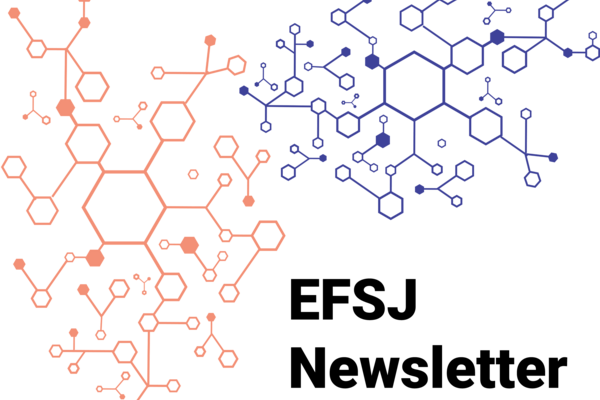ABSW Chair and freelance writer, Andy Extance, the ABSW Secretary and ex Editor of the BBC Radio Science Unit, Deborah Cohen, and Andy Ridgway, ABSW board member and Senior Lecturer in Science Communication at the University of the West of England,attended the biennial international Public Communication of Science and Technology Conference, PCST, in Aberdeen at the end of May.
Should journalists covering climate change be campaigning for more action to reduce global temperatures? Is it helpful to make clear how alarming the situation is, or not? Can or should we seek to be neutral on the topic? These were some of the questions we raised in a session at PCST 2025.
Andy Extance talked about how climate discourse has changed in recent years and that the sceptics now argue that achieving net zero is too expensive, rather than denying that climate change is happening. He also mentioned his own experience of writing about the science of global boiling at the same time as being a climate activist, which included being arrested at a Just Stop Oil protest. That pushes the boundaries of journalistic convention.
Based on discussions at the UK Conference of Science Journalism in 2024, journalists feel that it’s important to raise the alarm, but also to offer hope and agency, Andy explained. Deborah highlighted some key moments from the past few years that showed how the BBC, with its emphasis on impartiality, has covered the environment. These included the David Attenborough programme called Climate Change: The Facts, which marked the moment in 2019 when the BBC acknowledged that the world was warming due to human activity.
Such coverage definitely raised the alarm, even within an impartial organisation. That impartiality reflects that most journalists believe that neutrality is important for credibility. Interestingly, other presentations at PCST echoed this view that neutrality is important, mostly reporting that it’s held by scientists and communicators, but also by journalists.
For example, Olasunkanmi Arowolo, currently at the University of Kent, has questioned around 200 environmental journalists working in Nigeria. Predominantly, they also sought to take a neutral position, though some took a campaigning stance. It was reassuring to hear that journalists all over the world are facing the same issues.
PCST 2025 attracted over 600 delegates to a conference centre in Aberdeen for three days of talks, discussions, and a barbecue in the Scottish drizzle, followed by a ceilidh.
The delegates were in the main science communicators, researchers who teach the next generation of communicators and those who study the impact of different kinds of science activities on audiences, plus a smattering of journalists. Main themes were, inevitably, the role of AI in science communication, the question of misinformation and how to build trust in the public about scientific issues.
Andy Ridgway hosted a session at PCST 2025 on behalf of the EU-funded COALESCE project, which posed the question – ‘Will we ever overcome the misinformation crisis in science communication?’. Deliberately provocatively titled, the discussion session was aimed at prompting conversations about the role that those who communicate science (including journalists) play in addressing misinformation.
There were speakers from South America and Europe, including Vanessa Fegundes, at the Brazilian Institute of Public Communication of Science and Technology, who talked about how young Brazilians deal with misinformation – including knowingly sharing it. Also, Carolina Moreno-Castro at the University of Valencia, Spain, described how misinformation spiked in ‘information vacuums’ following the floods in Valencia in 2024 and the Iberian power blackout in April 2025. There will be opportunities for the ABSW to work with COALESCE as new materials are created in the project.
Also of particular interest to us was the session about watchdog journalism. An Nguyen of Bournemouth University and Alice Fleerackers of the University of Amsterdam told us about their research to find out how much investigative reporting is going on today. They explained that, as it is very time-consuming, few correspondents are permitted by their editors to do such work. They will be reporting their findings in an ABSW event in November.
We also spent time networking and telling delegates about the ABSW and the upcoming world conferences of science journalists, in Pretoria, South Africa, in December 2025 and in London in summer 2027, which is being organised by the ABSW.
Written by Deborah Cohen with Andy Extance and Andy Ridgway.
PCST 2025 Abstract Booklet (download here).










